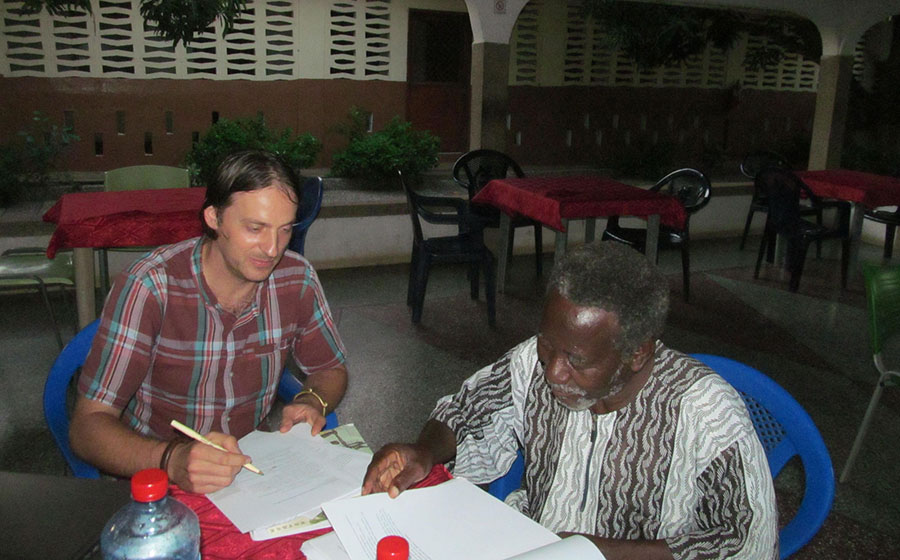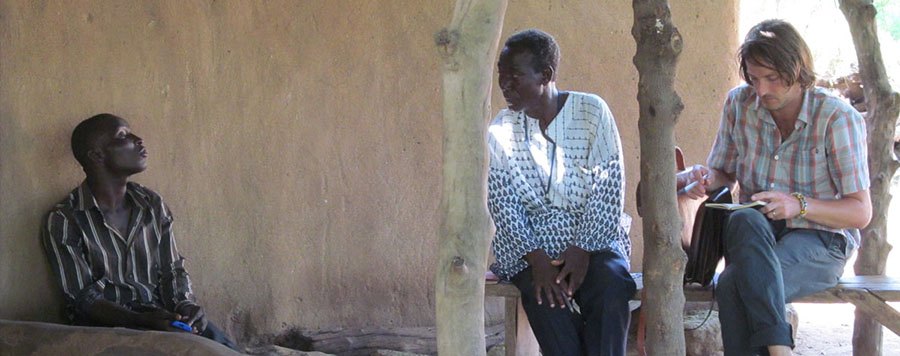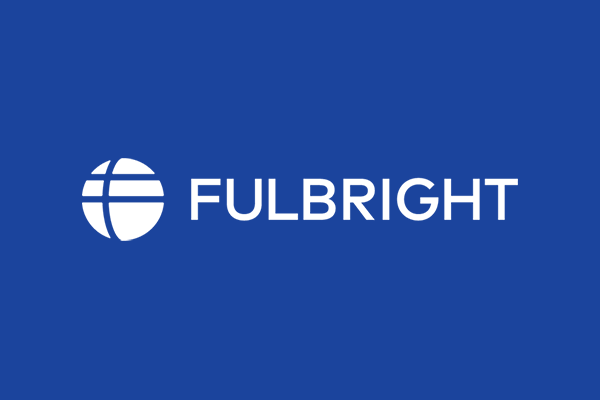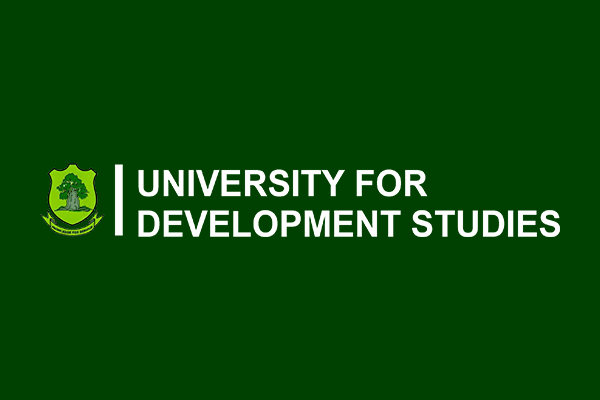BOONE, N.C. — Land ownership is a big deal in many cultures. Just cut a tree one foot past your property line and see how quickly your neighbor arrives on the scene. Who owns the land in a society can have profound implications, including how the land is used and how sustainably resources are managed. It becomes further complicated when only a small percentage of a country’s land is legally registered, with the rest being claimed by competing oral histories. This is the case with the African nation of Ghana.
Relationships of indigenous peoples to their land and the use of that land will be the primary focus of research by Dr. Anatoli Ignatov, assistant professor in Appalachian State University’s Goodnight Family Department of Sustainable Development when he begins two trips to Ghana, bolstered by a Fulbright Scholar Award.
Ignatov will travel to Ghana this summer for a five-week stint, later followed by a 12-week flex option period from May to August 2018.
Ignatov is no stranger to Ghana. His dissertation for a Ph.D. in political science was based on fieldwork in that country, where he studied political responses to an ongoing environmental crisis. His expertise is specifically in researching and articulating the relationships between land and people.
Land ownership is complicated in Ghana
As Ignatov explained, land ownership in Ghana is a complex mix of customary and statutory systems. This leads to significant ambiguity and land disputes, because only 10-20 percent of land ownership is legally registered. Ownership of the rest of the land is woven into oral history.
Competing oral histories and the political activities of chiefs and earth priests affect who makes the decisions about how the land is used and how sustainably resources are managed. For chiefs, land is thought of in terms of jurisdictions or political territories, which can be governed, taxed and provided with infrastructure and development. For earth priests, land is embedded in a social covenant with ancestors and spiritual entities, and rituals serve to continue the covenant. This idea of the sacred has implications for sustainable interactions with the environment.
What the Fulbright Scholar Award allows him to do
According to Ignatov, the project “aims to provide insights into the contemporary debates about sustainability and the central question of what is to be sustained, and to cast light on the complex interactions between the plural land tenure system in Ghana and development and state-building processes.”
Concerning benefit of this project to Ghana, Ignatov wrote, “The project could benefit the host country by clarifying both who holds allocative authority over land and the status of contested land previously acquired by the state. It might also illuminate the tensions between customary and formal land rights regimes and how these tensions shape and have been shaped by Ghana’s Land Administration Project and various donor interventions intended to promote development.”
Ignatov will pursue qualitative research, using both interpretive and ethnographic methods. He plans to write a book about the results of his research and offer a series of articles in peer-reviewed journals. He also hopes for a documentary film that would be produced in collaboration with Appalachian and the National Film and Television Institute in Accra, Ghana.
Additionally, with his Fulbright grant, Ignatov said, “I will work on building a long-term institutional collaboration between Appalachian and the University for Development Studies in Tamale [Ghana].” He will also mentor graduate students during his two trips funded by the Fulbright award.
Broadened educational perspectives
Ignatov was educated in Bulgaria and developed an interest in African philosophies while studying at Johns Hopkins University. A number of collaborative experiences and personal contacts within the African studies community helped him realize how African perspectives are largely absent from the archive of environmental political theory, Ignatov said.
His research highlights African ecological knowledge, and he makes a point to include African perspectives into his teaching. “I strongly believe that one of the hallmarks of higher education is helping students to deepen one another’s awareness of our global connectedness and of the interdependence between people and the environment,” he said.
“My hope is that by introducing voices commonly excluded from the classroom, political discourse and intellectual study and requiring that we engage these arguments with the same care and rigor as we would thinkers from the Western canon, students will be encouraged to think more deeply about their own political, ethical and economic position and to seek understanding across historical, cultural and geographical distance.”
What do you think?
Share your feedback on this story.
About the Goodnight Family Department of Sustainable Development
One of seven departments housed in the College of Fine and Applied Arts, the Goodnight Family Department of Sustainable Development at Appalachian State University prepares students to thoughtfully analyze human development while focusing on the applied practice of pursuing transformative, community-driven development and social change. It offers a Bachelor of Science degree in sustainable development with concentrations in agroecology and sustainable agriculture; community, regional and global development; and environmental studies; as well as a Bachelor of Arts and minor in sustainable development. Learn more at https://sd.appstate.edu.
About the College of Fine and Applied Arts
Appalachian State University’s College of Fine and Applied Arts is a dynamic and innovative group of seven academic departments, bringing together a variety of perspectives, experiences and real-world education to provide unique opportunities for student success. The college has more than 3,500 undergraduate and graduate majors. Its departments are Applied Design, Art, Communication, Military Science and Leadership, Sustainable Development, Sustainable Technology and the Built Environment, and Theatre and Dance. Learn more at https://cfaa.appstate.edu.
About Appalachian State University
As a premier public institution, Appalachian State University prepares students to lead purposeful lives. App State is one of 17 campuses in the University of North Carolina System, with a national reputation for innovative teaching and opening access to a high-quality, cost-effective education. The university enrolls more than 21,000 students, has a low student-to-faculty ratio and offers more than 150 undergraduate and 80 graduate majors at its Boone and Hickory campuses and through App State Online. Learn more at https://www.appstate.edu.








![How NCInnovation Is Rethinking Economic Development in North Carolina [faculty featured]](/_images/_posts/2026/02/rethinking-economic-development-600x400.jpg)







